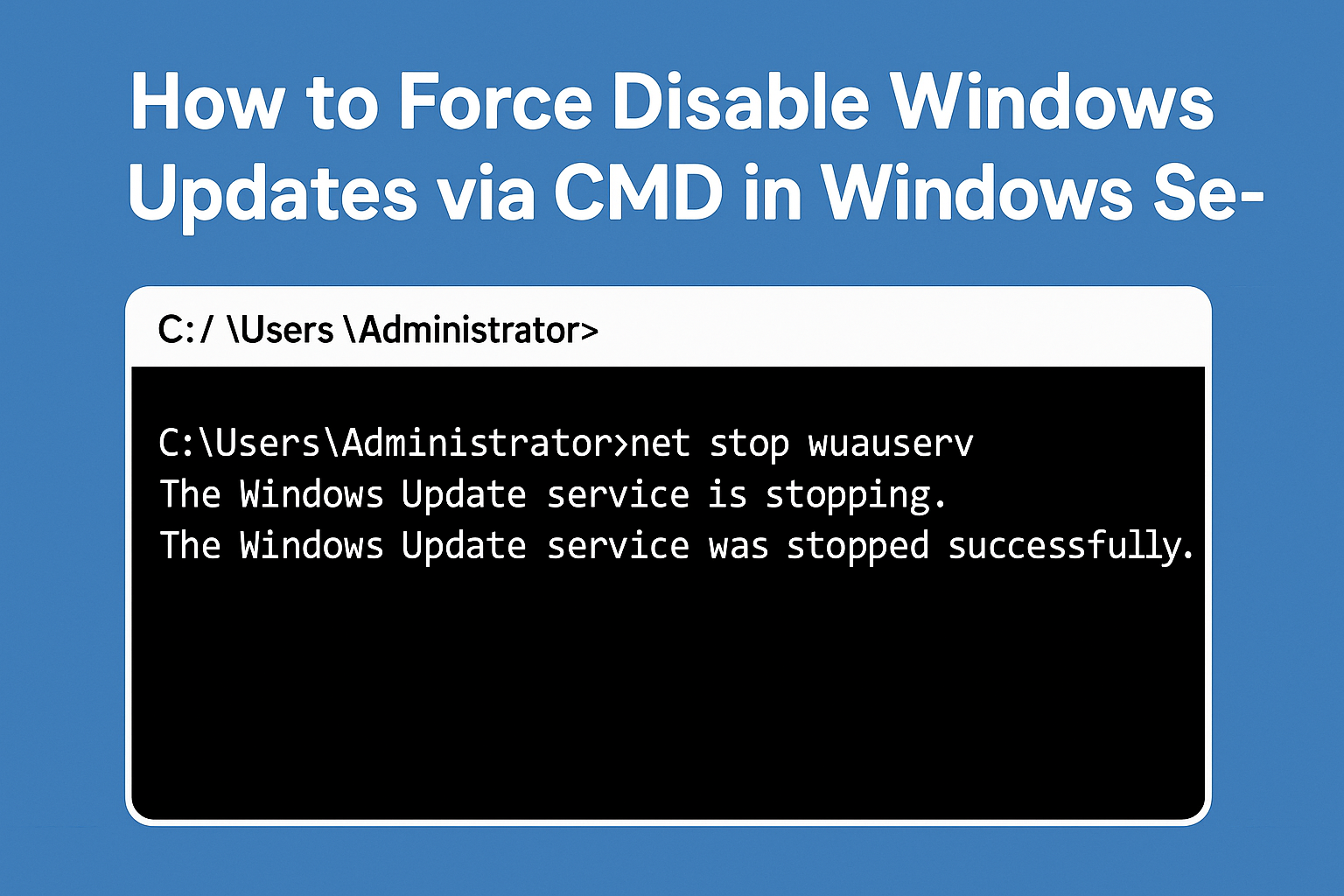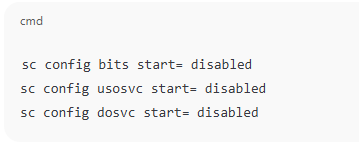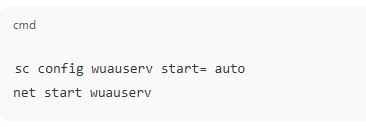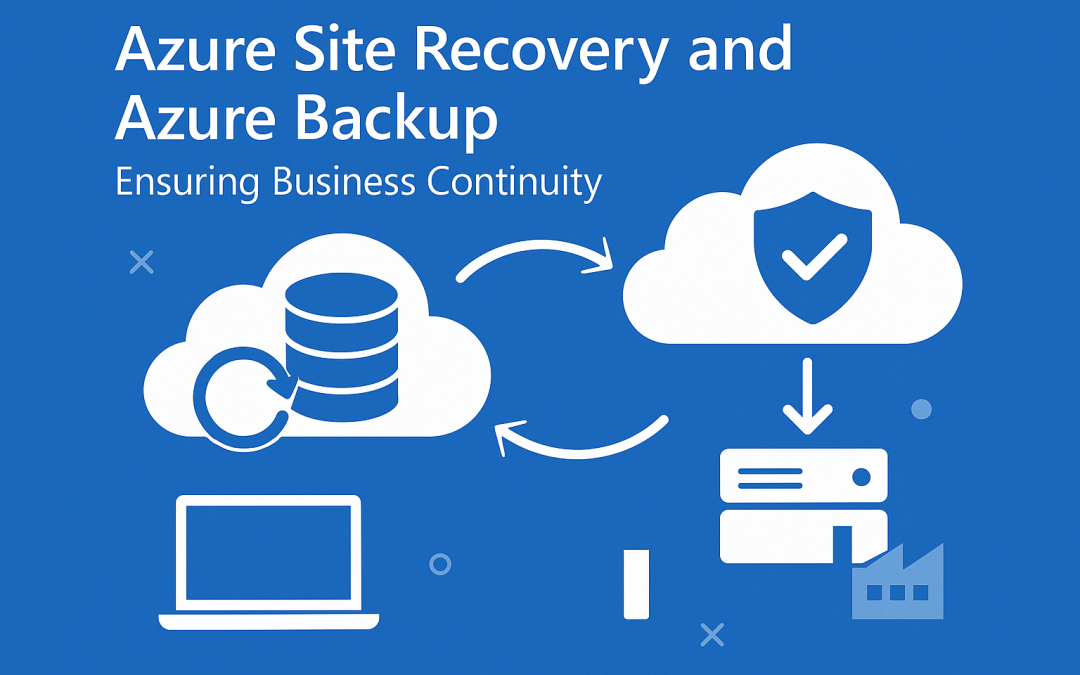
Keeping Windows Server up to date is essential for security and stability—but in some environments, automatic updates can disrupt operations, especially on production systems. If you need to forcefully disable Windows Updates via the Command Prompt (CMD), here’s how you can do it safely and effectively.
Step-by-Step: Disable Windows Updates via CMD
Follow these simple steps to stop and disable automatic Windows updates using CMD:
1. Open Command Prompt as Administrator
Press Windows + R, type cmd, then right-click and choose Run as administrator.
2. Stop the Windows Update Service
Run the following command to stop the Windows Update service immediately:

net stop wuauserv
This halts the Windows Update process currently running in the background.
3. Disable the Service Permanently
To prevent the Windows Update service from restarting automatically, run:
sc config wuauserv start= disabled
Tip: Make sure there’s a space after the equal sign.
4. Disable Related Services (Optional)
You can also disable the Update Orchestrator and BITS services to ensure updates remain disabled:
sc config bits start= disabled
sc config usosvc start= disabled
sc config dosvc start= disabled
5. Confirm Service Status
To verify that the services are disabled, run:
sc query wuauserv
The output should show:
STATE : 1 STOPPED
START_TYPE : DISABLED
Re-enabling Windows Updates Later
If you ever need to turn updates back on, you can re-enable the service with:
sc config wuauserv start= auto
net start wuauserv
How to Force Disable Windows Updates via CMD in Windows Server (F.A.Q)
Will disabling updates affect server security?
Yes. Disabling updates can make your server vulnerable if you don’t manually install security patches.
Can I disable updates only temporarily?
Yes, you can stop the service temporarily with net stop wuauserv without changing the startup type.
Do I need to restart the server after disabling updates?
No restart is required, but some services might take effect after a reboot.
Can I disable updates via Group Policy instead?
Yes, Group Policy is another method to control update behavior—ideal for domain-managed servers.



